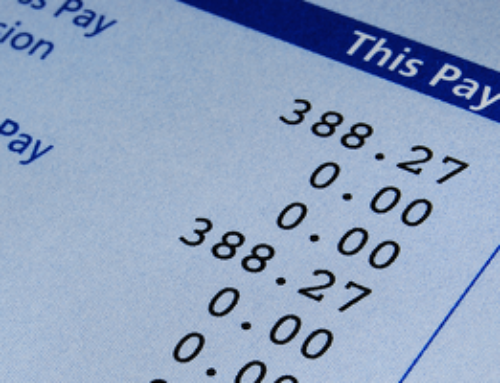Everybody likes getting something for free, and taxes are no different. If you invest in securities such as municipal bonds (munis) or municipal bond funds, you can generate tax-free interest income. Here is what you need to know.
Advantages of municipal bonds
You pay zero federal tax on municipal bond investment income. This makes municipal bonds more attractive than many comparable taxable investments. A municipal bond paying 6 percent to an investor in the 24 percent tax bracket is actually a better investment than a taxable bond paying interest at 7.9 percent, due to the federal income tax break.
What’s more, municipal bond income isn’t counted for net investment income tax purposes. So if you are subject to this 3.8 percent surtax, municipal bonds provide an additional tax break to you. And, if the bond is issued by an authority within the state where you reside, it’s also exempt from any state income tax.
For these reasons, municipal bonds are a popular investment, especially among retirees because they are often stable, and most bonds carry a relatively low risk.
Potential consequences
While the benefits of municipal bonds make it an attractive option for many investors, there are potential downsides:
- Alternative minimum tax. If you invest in certain private activity bonds — such as some bonds used to finance projects like a stadium — the income may cause alternative minimum tax complications.
- Capital gains tax. When you sell a municipal bond at a profit, you owe capital gains tax on the sale. For instance, if you buy a bond for $5,000 and sell it for $6,000, you’re taxed on the $1,000 gain.
- State tax possibility. If you invest in municipal bonds issued by another state, the interest income is taxable by the state where you reside.
- Bond risk. Municipal bonds, just like corporate bonds, carry a risk of default. So it is important to understand what you are buying and the likelihood of repayment risk.
- Taxes on Social Security benefits. Interest income from municipal bonds could make up to 85 percent of your Social Security benefits taxable. The taxation of Social Security benefits is based on a calculation that specifically includes tax-free municipal bond income.
Investing in municipal bonds can provide tax-free, stable income, but you need to understand how the investments fit with your situation to maximize the tax savings.






